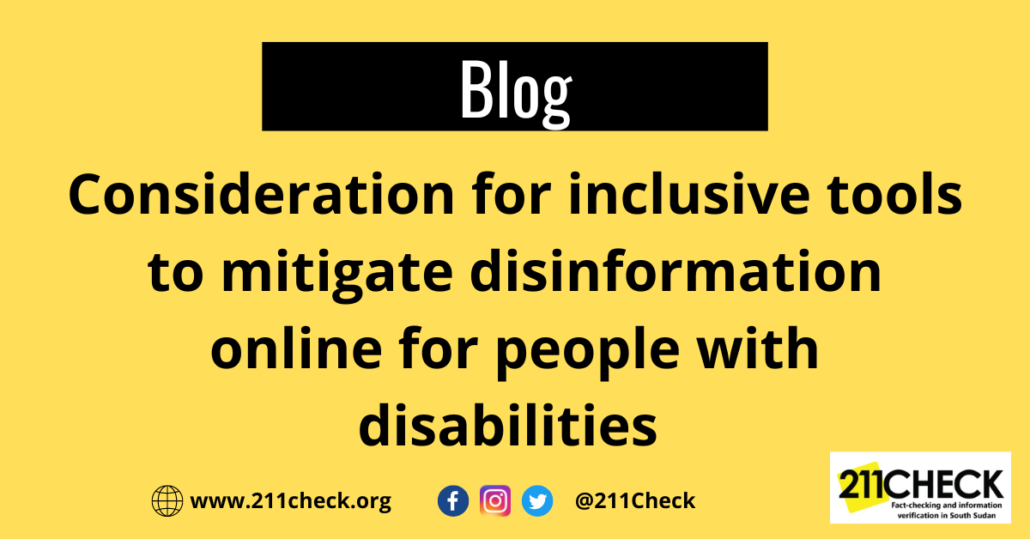Fact-check: Did President Salva Kiir say ‘he has failed’ the country as a leader?
Writer: Ghai Aketch
South Sudan’s President Salva Kiir, after making his speech at the convention of the Sudan People’s Liberation Movement (SPLM) National Liberation Council following the party’s endorsement to run for the presidency in 2025, was quoted by Sixty 4 Tribes Press as saying he ‘has failed the country as a leader for the 20 years he has been in power and he cannot stop the ongoing violence in Upper Nile region.’
“I CANNOT STOP THE WAR IN SOUTH SUDAN.
I have failed as a leader and a ruling President for the last 20 years that I have been in Power, I have failed my people and my country. I don’t know how to stop this war. I don’t know what is happening, I don’t trust my appointed staff because they are always going behind my back to participate in crimes,” the Facebook page attributed the quote to President Kiir.
But did the President say that in his address aired by the national broadcaster, SSBC, on December 6?
No, in the full audio reviewed by 211 Check, the South Sudanese leader didn’t say these words attributed to him.
Additionally, Kiir has not been in power for 20 years, as the page claims. He succeeded Dr. John Garang, who died in a helicopter crash in 2005, as the SPLM chairperson. That makes 17 years as the SPLM party leader from 2005 and the president as of 2011 to date.
President Kiir was formally handed the power as an elected president of the Republic of South Sudan on July 9, 2011, when the country attained independence from Sudan.
Moreover, the Office of the President made a press statement shortly later for clarification, saying the media houses misquoted the president.
“While deploring the sub-national violence in the Upper Nile Region that is taking tolls on innocent civilians, the president said he cannot stop it alone. Some media houses took this statement out of context by insinuating that the president has taken his hands off this issue,” reads part of the presidential press statement.
Conclusion:
Our verification of the president’s speech audio and searches from the available information conclude that President Kiir did not say he has ‘failed’ as a leader. And that he ‘cannot stop the violence in the country.’ These quotes attributed to him are false and altered.
This fact check was published by 211 Check with support from Code for Africa’s PesaCheck and the African Fact-Checking Alliance.




